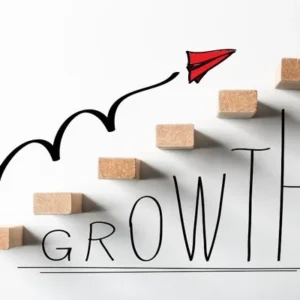The Southern African Development Community (SADC), in partnership with the African Union Development Agency (AUDA-NEPAD), Sweden, and several UN agencies including UNAIDS, UNICEF, UNFPA, and WHO under the 2gether4SRHR initiative, convened a Multisectoral Consultative Forum on Sexual and Reproductive Health Rights (SRHR) and the Demographic Dividend from 1–3 October 2025 in Lusaka, Zambia. The event, themed “Investing in Social and Human Development for Economic Growth, Wellbeing, Peace and Security in SADC,” brought together regional experts in SRH, HIV, population, economic planning, employment, entrepreneurship, and technical education to create a unified strategic framework for youth-focused SRHR programming in the region.
During the forum, Mrs. Duduzile Simelane, SADC’s Director of Social and Human Development, emphasized that investing in young people is critical for transforming the region’s youthful population into a driving force for economic growth. She highlighted that empowering youth contributes to more resilient and stable communities, warning that neglecting their development could hinder socio-economic progress.
UNFPA Country Representative for Zambia, Mr. Seth Broekman, reinforced the importance of equipping young people with skills and resources to enhance their health and financial resilience, reducing future social and economic pressures. He noted that given the region’s demographic trends, investing in youth now is a proactive step toward sustainable national development. Similarly, AUDA-NEPAD’s Dr. Hagos Debeb pointed out that with 75% of SADC’s population under 35, the region has a unique opportunity to accelerate growth, alleviate poverty, and drive inclusive development.
Representing the SADC Chair, Madagascar’s Mrs. Soazafintabany Suzanna Raymonde called for stronger multi-stakeholder collaboration, asserting that investing in youth and SRHR is a strategic imperative for achieving the African Union’s Agenda 2063, the Sustainable Development Goals, and the SADC Regional Indicative Strategic Development Plan (RISDP 2020–2030). Sweden’s representative, Ms. Tamara Johsson, reaffirmed her government’s commitment to supporting SRHR initiatives, emphasizing the importance of ensuring that every young person can thrive regardless of their circumstances.
Youth representative Ms. Evelyn Namaiko from the United Movement described the forum as an eye-opening platform that placed youth and SRHR issues at the forefront of regional development discussions. Over the three days, participants identified major barriers faced by young people, particularly in rural areas, including limited access to SRHR and HIV services due to poor infrastructure, weak connectivity, and inadequate youth-friendly services. The discussions explored integrated solutions through education, skills development, employment, and entrepreneurship to harness the demographic dividend.
The forum concluded with an agreement to present its recommendations and outcomes to the upcoming technical multisectoral meeting of SRH, HIV, and Monitoring and Evaluation Managers in October 2025. The validated framework will then be submitted for approval to the Joint Meeting of SADC Ministers of Health and HIV in November 2025, marking an important step toward stronger investment in youth and SRHR across the region.







